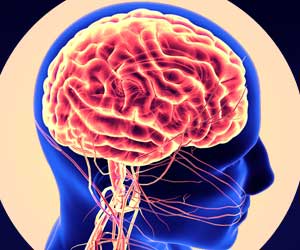In her PhD thesis, first author Isabel Hotz used novel automatic methods among others to study so-called lacunes and white matter hyperintensities. These degenerative processes showed up as “black holes” and “white spots” on the digital images. The reasons for this are not yet known and may have to do with small, unnoticed cerebral infarcts, reduced blood flow or loss of nerve pathways or neurons. This can limit a person’s cognitive performance, in particular when degeneration affects key regions of the brain.
The findings revealed that over the course of seven years, senior citizens with an academic background showed a significantly lower increase in these typical signs of brain degeneration. “In addition, academics also processed information faster and more accurately – for example, when matching letters, numbers of patterns. The decline in their mental processing performance was lower overall,” summarizes Hotz.
Tapping into reserves
The findings add to initial findings of other research groups, who have found that education has a positive effect on brain aging. Previous studies also suggest that mental processing speed depends on the integrity of neural networks in the brain. If these networks are affected, mental processing speed decreases.
Even though no causal link between education and reduced natural brain degeneration has so far been found, the following at least seems likely: “We suspect that a high level of education leads to an increase in neural and cognitive networks over the course of people’s lives, and that they build up reserves, so to speak. In old age, their brains are then better able to compensate any impairments that occur,” says neuropsychologist Lutz Jncke.
It is also possible that brains that are active well into old age are less susceptible to degeneration processes, adds the neuropsychologist, though this would have to be verified in the further course of the ongoing long-term study.
Source: Eurekalert



